Pregnancy Skincare Essentials You Need that Are Toxic-Free
Why is Pregnancy Skincare Important?
During pregnancy, your body experiences a whirlwind of hormonal shifts, and your skin is no exception. You might notice changes like increased oil production, heightened sensitivity, and even the occasional breakout. These changes are entirely normal but may require adjustments to your skincare routine to keep your skin happy and healthy. The tips in this blog post are here to help!
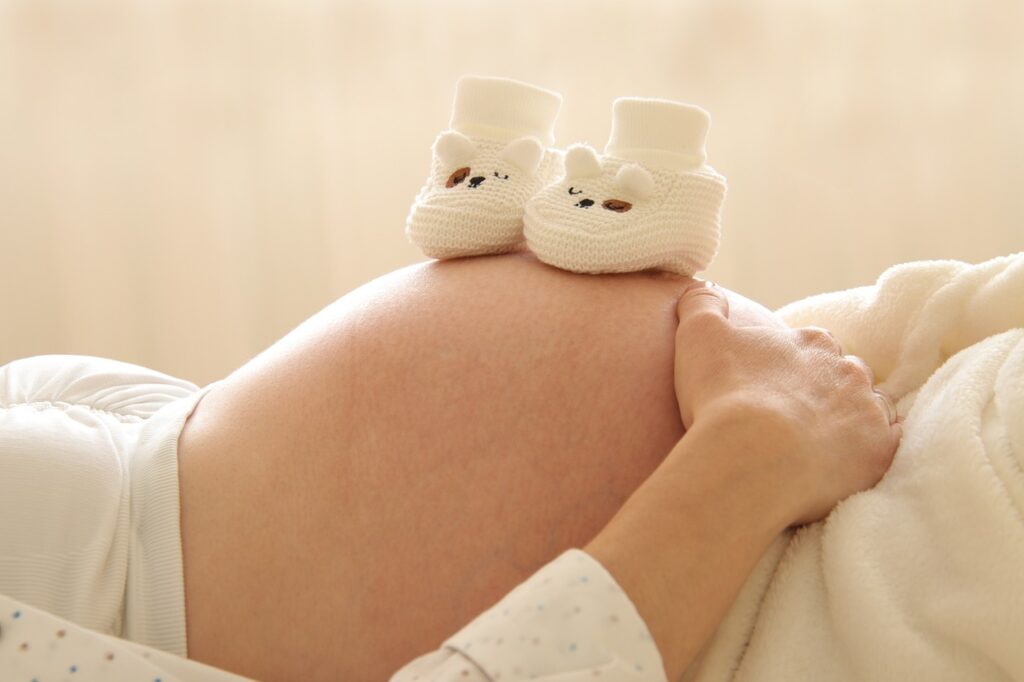
Pregnancy Skincare Ingredients to Avoid
Now, let’s talk about some skincare ingredients that are best avoided during pregnancy. While many skincare products are safe to use, some ingredients may pose risks to you and your baby.
These include:
Retinoids:
Retinoids, commonly found in skincare products and medications, are derivatives of vitamin A known for their powerful anti-aging and acne-fighting properties. However, when it comes to pregnancy, retinoids pose potential risks to both the mother and the developing fetus. High doses of vitamin A, including those found in retinoids, have been associated with birth defects and developmental abnormalities in the unborn child. Therefore, it’s recommended for pregnant women to avoid topical and oral retinoid treatments to mitigate any potential harm to the developing baby.
Hydroquinone:
Hydroquinone is a commonly used topical agent in skincare products for its skin-lightening properties, often utilized to treat conditions such as hyperpigmentation and melasma. However, during pregnancy, the safety of hydroquinone comes into question due to its potential to be absorbed into the bloodstream and reach the developing fetus.
“It has been estimated that 35% to 45% is systemically absorbed following topical use in humans.“
Studies suggest that hydroquinone may have teratogenic effects, meaning it could interfere with fetal development and increase the risk of birth defects. Additionally, there is limited research on the long-term effects of hydroquinone exposure during pregnancy, raising concerns about its safety for both maternal and fetal health.
Salicylic acid:
Salicylic acid, a common ingredient in skincare products known for its exfoliating and acne-fighting properties, is derived from aspirin and belongs to the category of beta-hydroxy acids (BHAs). While salicylic acid is generally considered safe for topical use in low concentrations, its safety during pregnancy is a topic of concern. High doses of salicylic acid, whether taken orally or applied topically, may potentially be absorbed into the bloodstream and cross the placental barrier, posing a risk to the developing fetus. Studies suggest that excessive salicylic acid intake during pregnancy may be associated with adverse outcomes, including fetal malformations and complications such as bleeding disorders.
Determining what constitutes “excess” salicylic acid during pregnancy can vary depending on factors such as the concentration of the product, frequency of use, and individual sensitivity. However, as a general guideline, it’s recommended for pregnant women to avoid using skincare products containing salicylic acid in concentrations higher than 2% and to limit overall exposure. Additionally, products that are left on the skin, such as creams or masks, may pose a higher risk of absorption compared to rinse-off products like cleansers. Pregnant women should also be cautious about combining multiple skincare products containing salicylic acid, as this can increase the overall exposure.
Essential oils:
While these oils offer therapeutic benefits, some can pose dangers due to their potency and potential effects on fetal development. Certain oils, such as basil, cinnamon, clary sage, and rosemary, may stimulate uterine contractions, increasing the risk of premature labor or miscarriage, particularly in the first trimester. Additionally, oils like clary sage, fennel, and jasmine can disrupt hormonal balance, potentially interfering with fetal development. Skin sensitivity and absorption into the bloodstream also raise concerns, highlighting the importance of caution and consultation with healthcare providers before using essential oils during pregnancy.
Special note: consuming these as herbs and spices in food form are safe during pregnancy. One of my favorite meals was slow cooking oats with cinnamon sticks – yum!
I remember feeling overwhelmed when I first learned about this, but don’t worry – there are plenty of safe alternatives available.
Building Your Pregnancy-Safe Skincare Routine
Creating a pregnancy-safe skincare routine doesn’t have to be complicated. Let’s break it down step by step. The products recommended in this blog have been screened through the EWG.Org website to not only provide you with pregnancy safe skincare products but also, ensuring they are toxic-free and safe to use long term.
1. Cleansing with Gentle Formulations
Start your skincare routine with a gentle cleanser that’s free from harsh chemicals and fragrances. Look for non-foaming cleansers or micellar water, which effectively remove dirt and makeup without stripping away your skin’s natural oils. Trust me; your skin will thank you for the gentle treatment!
Here are 5 great pregnancy safe cleansers:
Cetaphil Face Wash, Hydrating Gentle Skin Cleanser for Dry to Normal Sensitive Skin
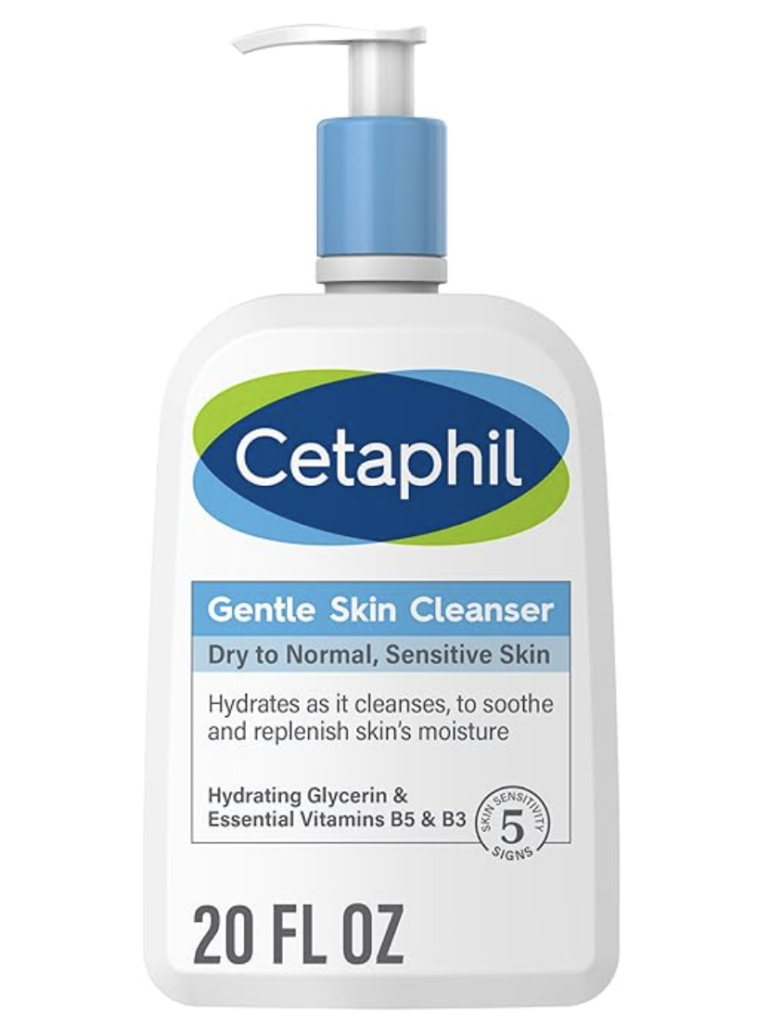
La Roche-Posay Toleriane Hydrating Gentle Face Cleanser
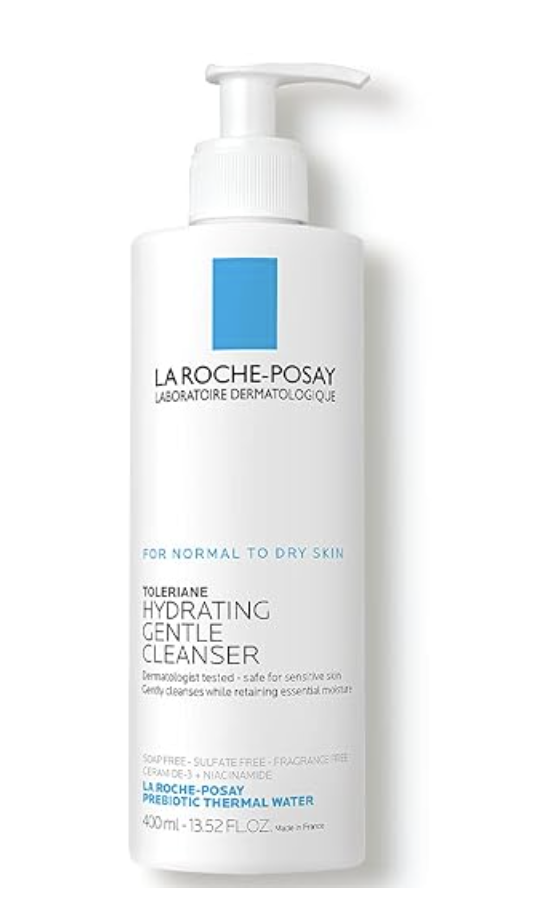
Vanicream Gentle Facial Cleanser
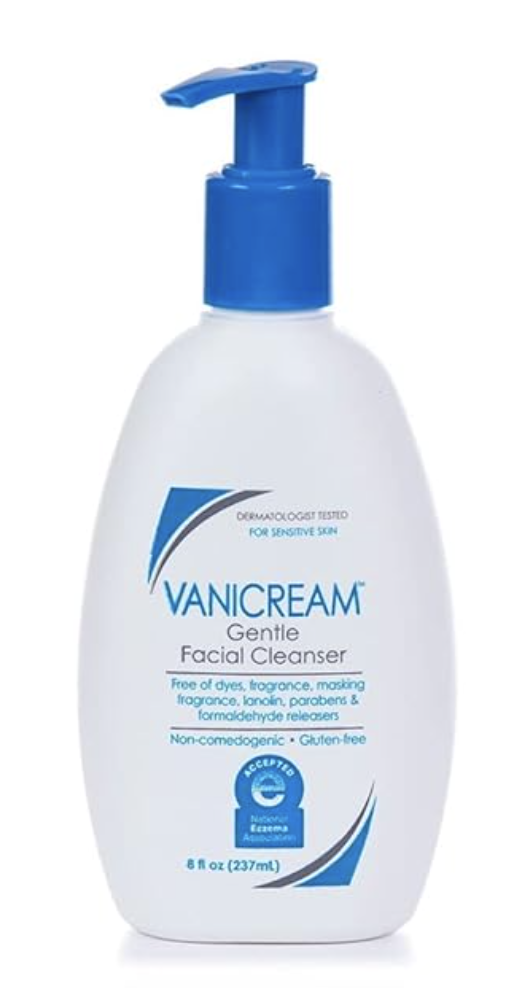
Alaffia EveryDay Coconut Face Cleanser and Face Cream
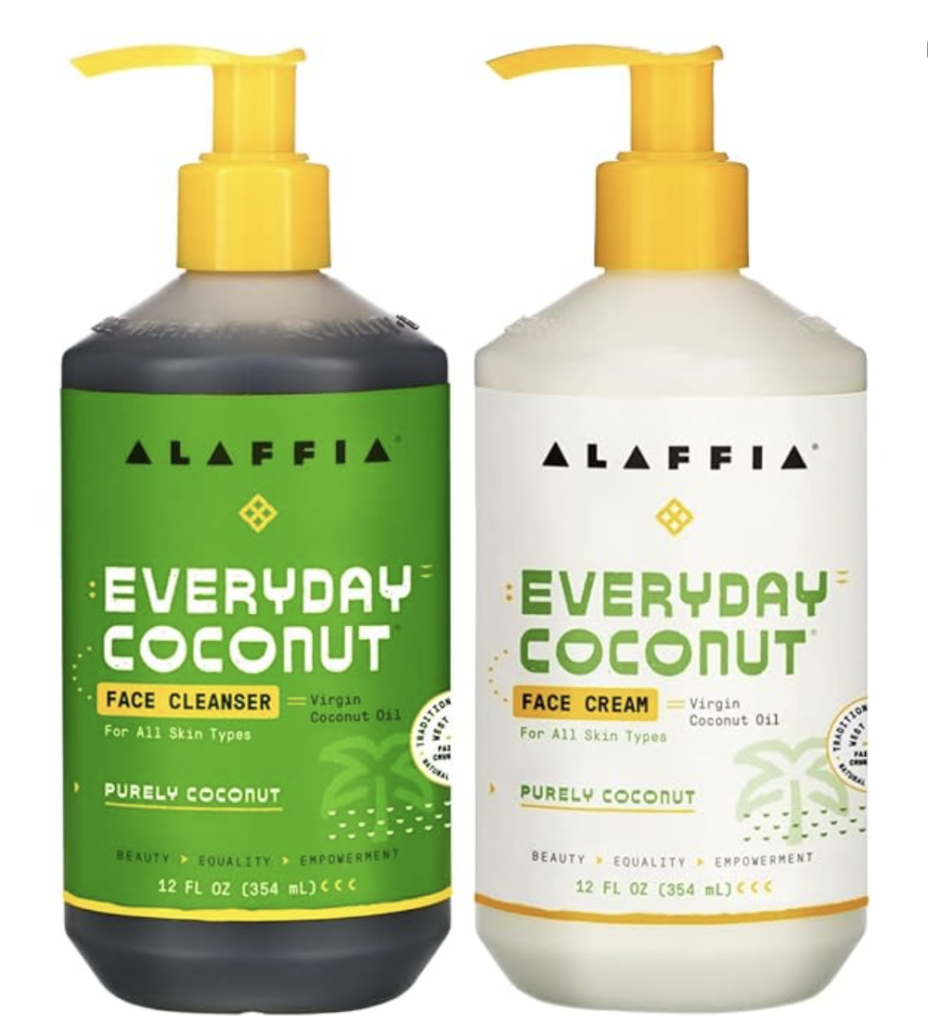
Honest Beauty Gentle Gel Everyday Face Cleanser
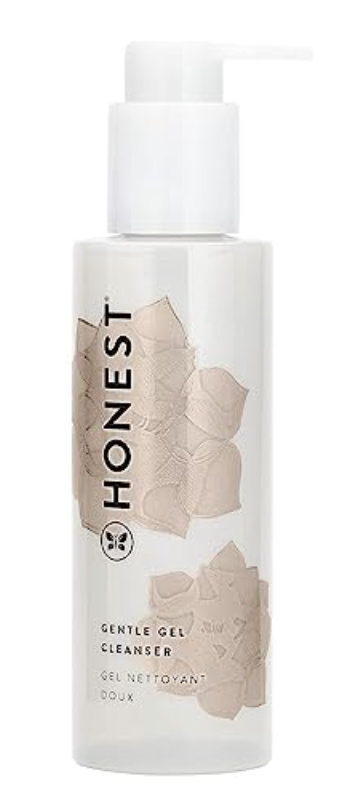
2. Hydrating and Nourishing with Pregnancy-Safe Moisturizers
Next up, it’s time to moisturize! Choose a hydrating moisturizer enriched with pregnancy-safe ingredients like hyaluronic acid, glycerin, and natural oils. Keeping your skin hydrated is crucial during pregnancy, as it helps maintain elasticity and prevents dryness and irritation.
Here are 5 great pregnancy safe moisturizers/lotions to consider:
Babo Botanicals Moisturizing Oat & Calendula Miracle Face Cream
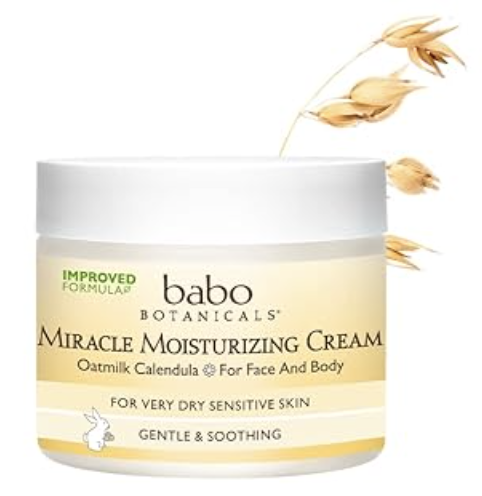
The Honest Company Hydrating Face + Body Lotion
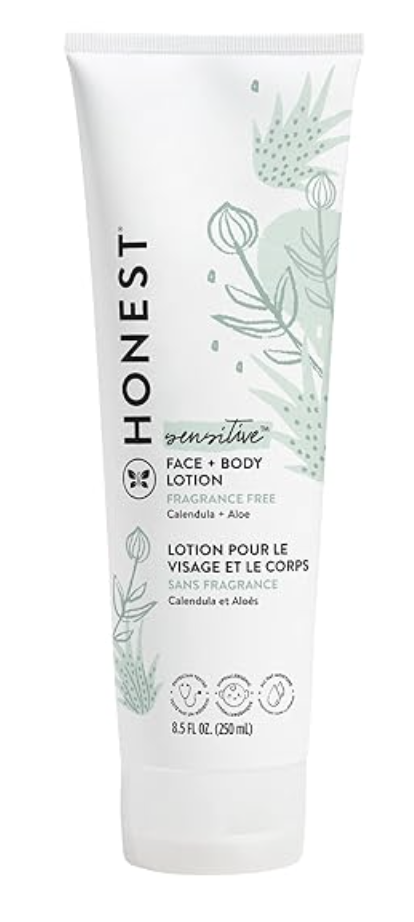
Versed Dew Point Gel Moisturizer – Lightweight Moisturizer Face Cream
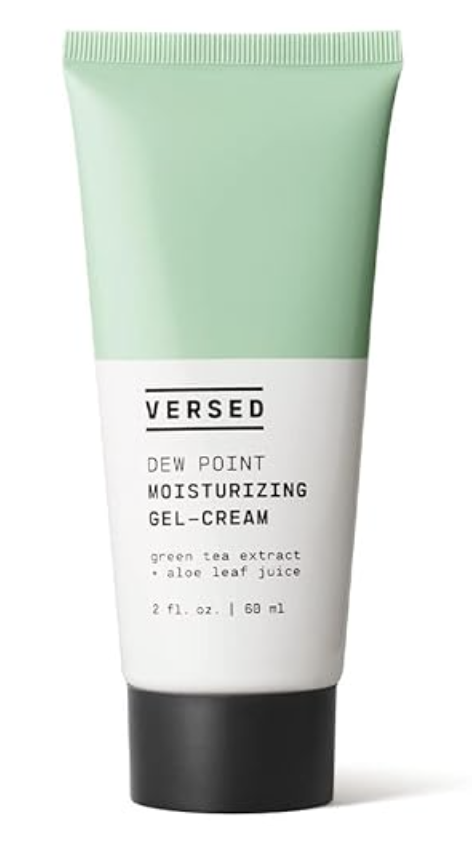
Acure Organics Seriously Soothing Cloud Cream
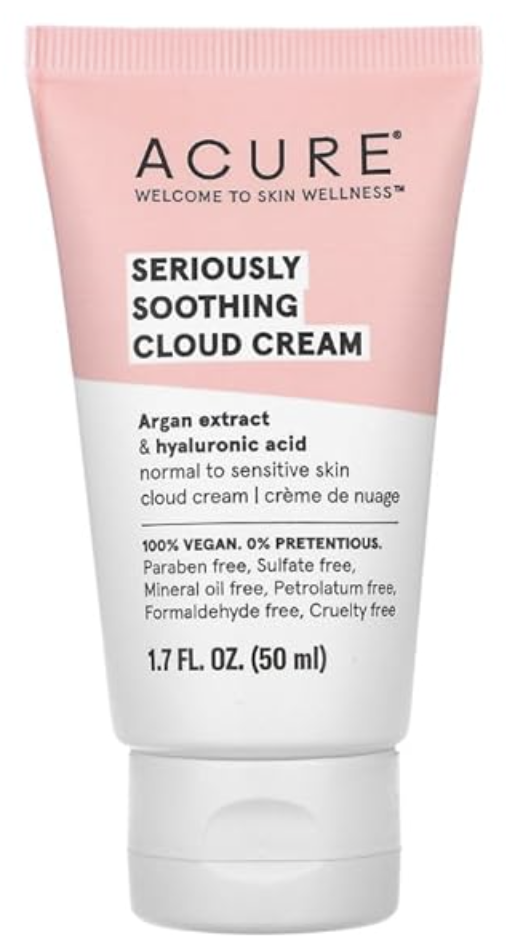
MAKEPREM Safe Me. Relief Moisture Cream for Dry Sensitive Skin
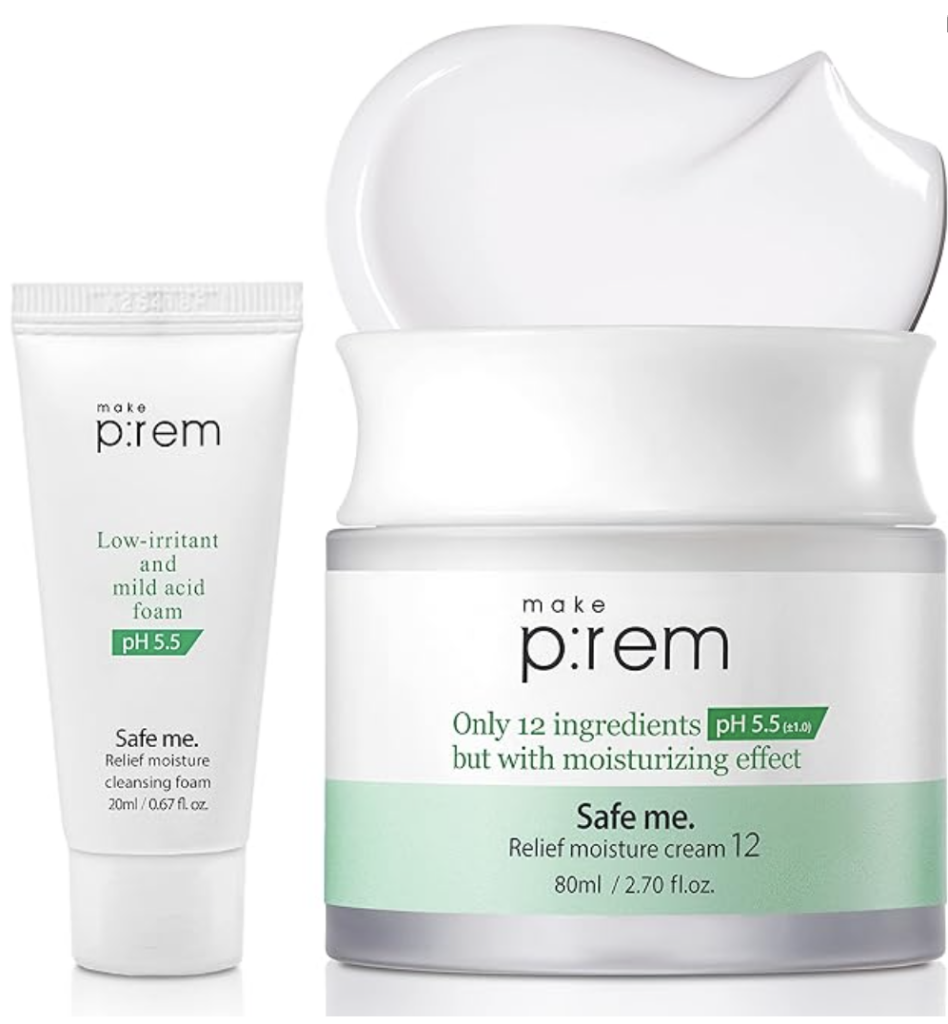
3. Protecting with Pregnancy-Safe Sunscreens
Sun protection is essential year-round, but it’s especially crucial during pregnancy to prevent pigmentation changes and skin damage. Opt for a mineral-based sunscreen with SPF 30 or higher, free from oxybenzone and avobenzone. Remember to reapply regularly, especially if you’re spending time outdoors.
Here are 5 great pregnancy safe sunscreens to consider:
ATTITUDE Sunscreen Stick, Broad Spectrum UVA/UVB
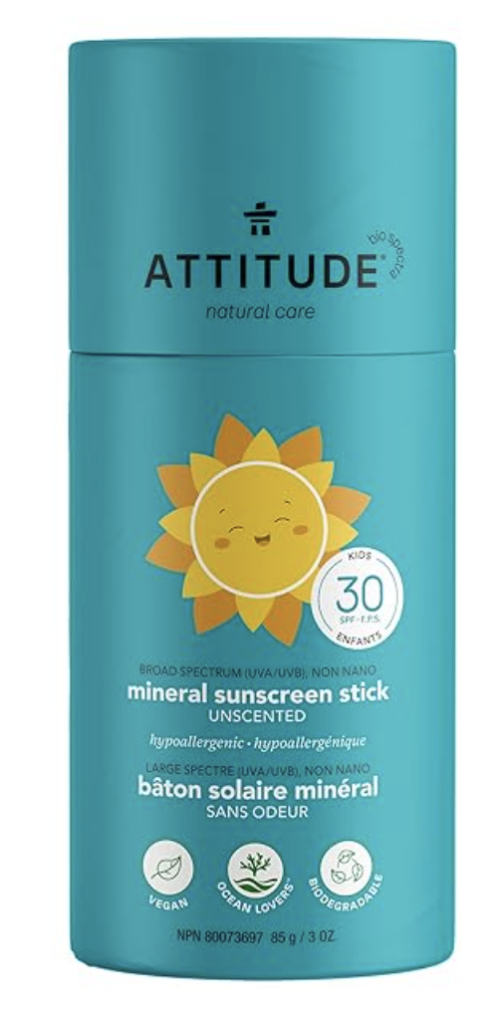
THINKSPORT Sport Clear Zinc Sunscreen SPF 30
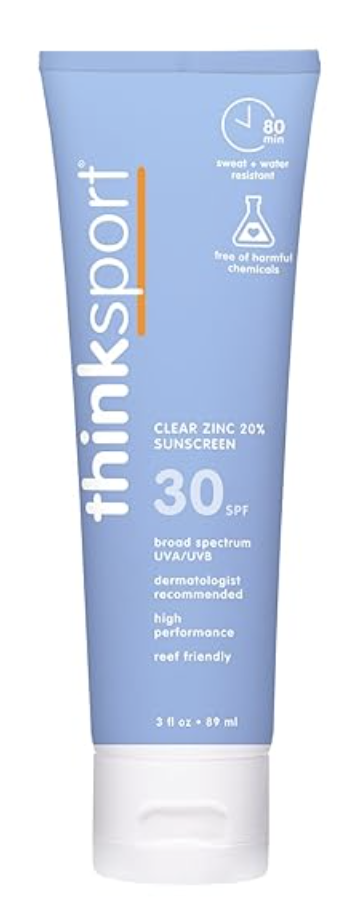
Beauty by Earth Mineral Sunscreen SPF 25
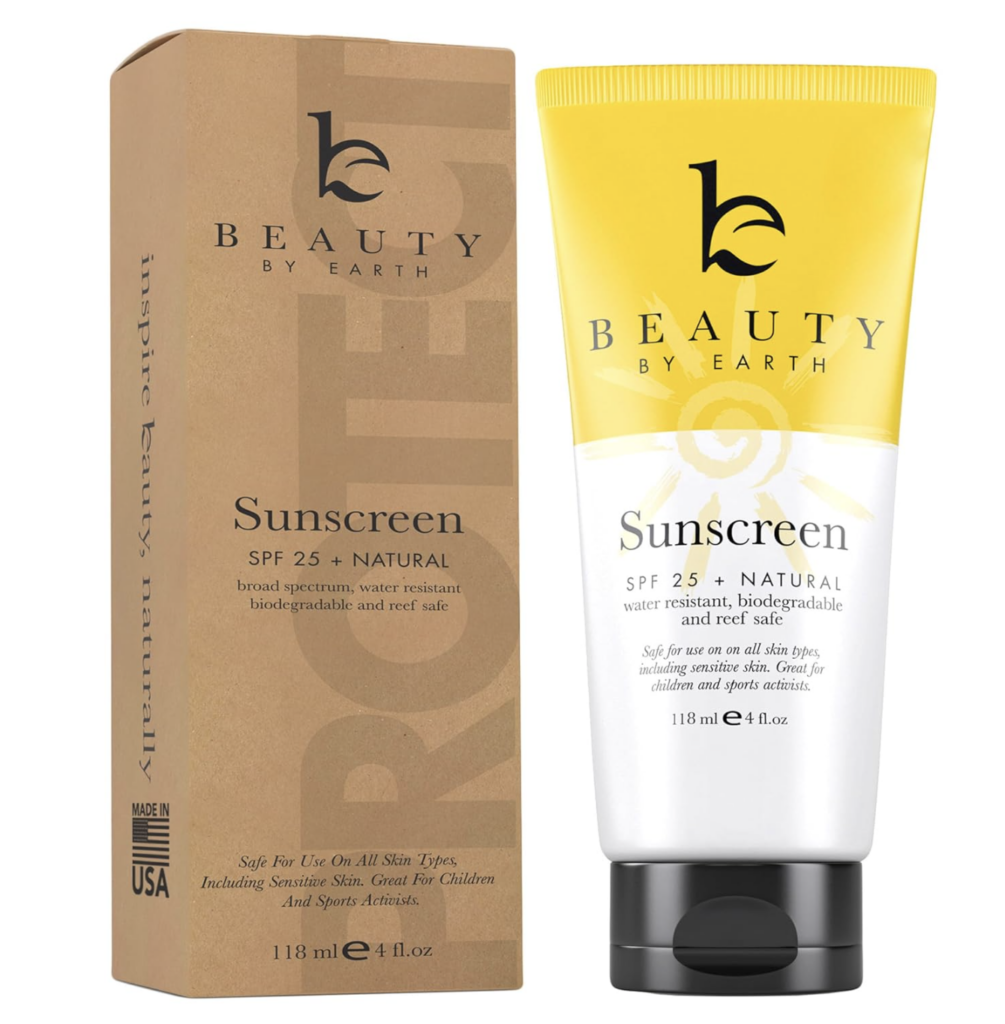
True Botanicals – Everyday Skin Tint SPF 30
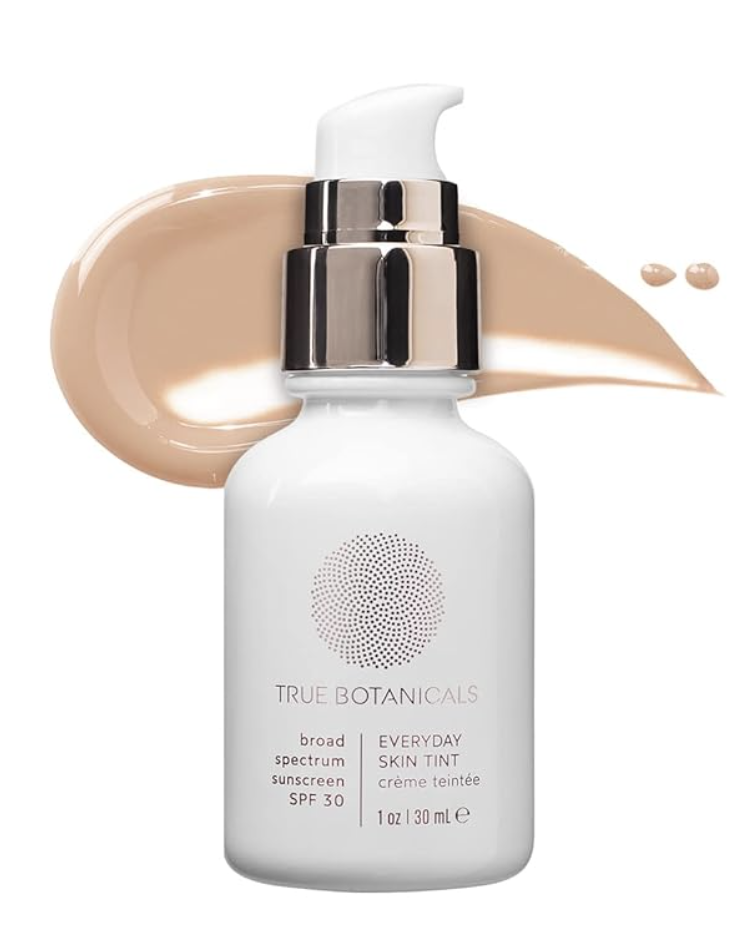
Babo Botanicals Daily Sheer Tinted Mineral Sunscreen Fluid SPF50
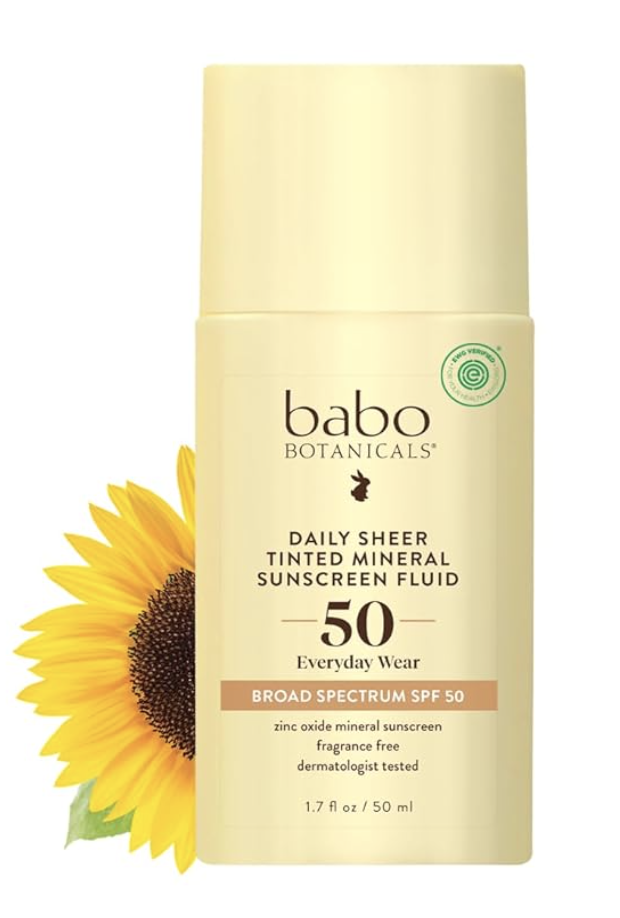
Treating Specific Pregnancy Skin Concerns
Now, let’s address some common pregnancy-related skin concerns.
Acne: If you’re dealing with pregnancy acne, consider using products containing ingredients like azelaic acid, which are safe for use during pregnancy. Remember to be gentle with your skin and avoid harsh treatments that may irritate it.
Naturium Azelaic Topical Acid 10%
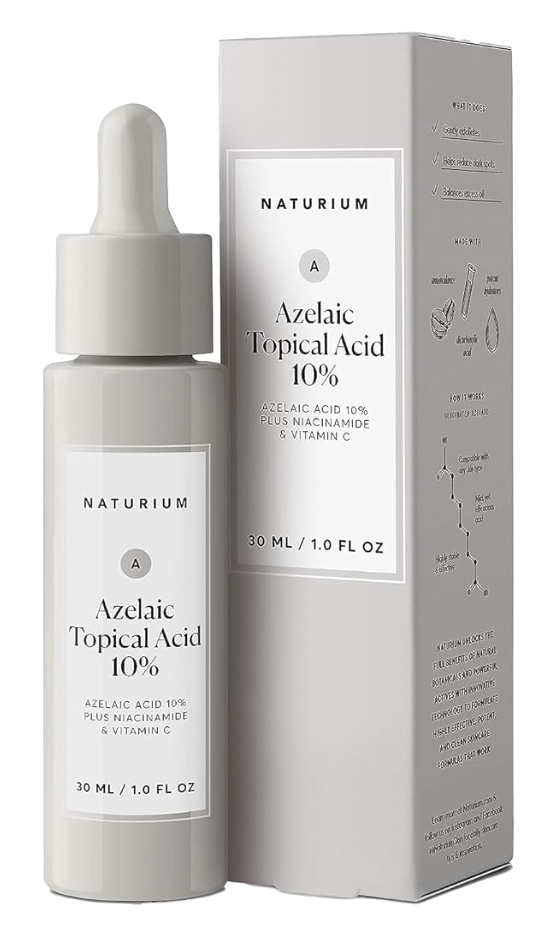
Hyperpigmentation: Many expectant mothers experience hyperpigmentation, also known as the “mask of pregnancy.” To manage this, incorporate skincare products containing vitamin C or other brightening agents into your routine.
Cocokind Vitamin C Glow Serum with Azelaic Acid and Sea Grape Caviar for Bright and Even Skin
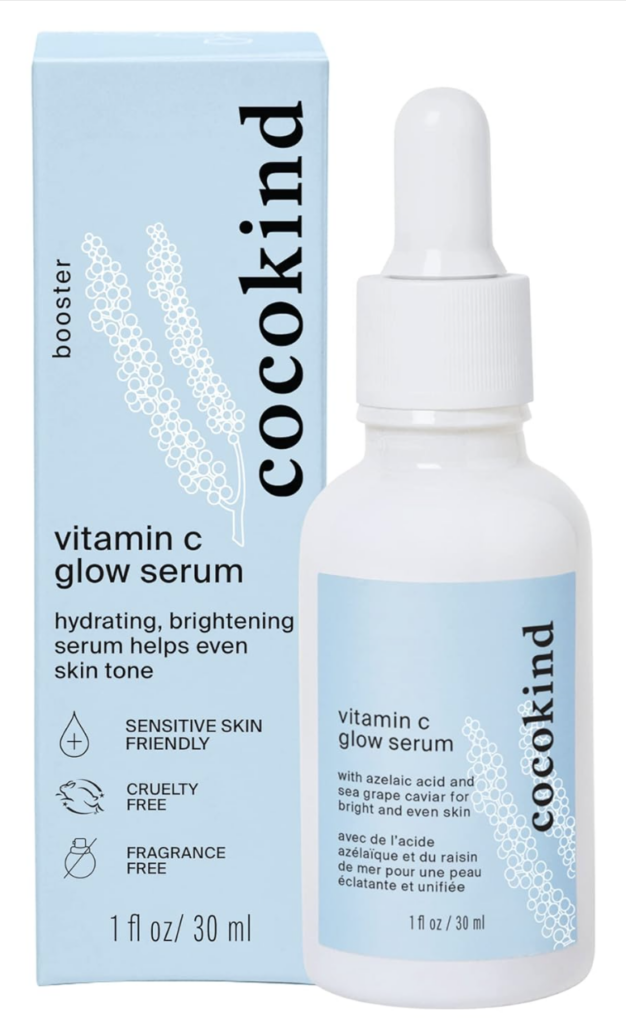
Stretch Marks: While there’s no miracle cure for stretch marks, using moisturizers with ingredients like cocoa butter can help keep your skin hydrated and supple, reducing the appearance of stretch marks over time. Additionally, products formulated with vitamin E, an antioxidant that helps protect and repair the skin, can also be beneficial for minimizing the appearance of stretch marks. Other botanical oils such as rosehip oil, coconut oil, and almond oil are known for their moisturizing and skin-repairing properties and can be effective when used consistently to keep the skin hydrated and supple.
When choosing a stretch mark cream or lotion, opt for products that are free from harsh chemicals, artificial fragrances, and synthetic ingredients, as these can potentially irritate the skin and exacerbate stretch marks. By incorporating these natural and non-toxic moisturizers into your skincare routine, you can help support your skin’s health and resilience during pregnancy, reducing the likelihood of developing prominent stretch marks and promoting overall skin wellness.
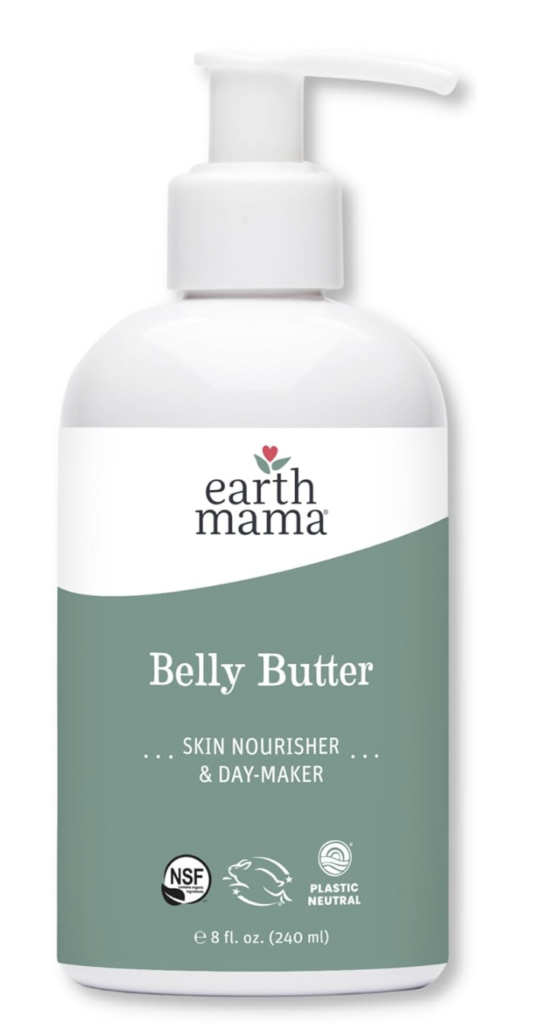
Embracing Pregnancy Glow with Safe Skincare
As you navigate the ups and downs of pregnancy, remember that taking care of your skin is just as important as taking care of your body and mind. By following a pregnancy-safe skincare routine and embracing self-care practices, you can nurture your skin and glow from the inside out throughout your nine months of pregnancy.
I’d love to hear about your experiences with pregnancy skincare! Share your tips and favorite products in the comments below, and let’s support each other on this beautiful journey to motherhood. And if you have any questions or concerns about skincare during pregnancy, don’t hesitate to reach out – I’m here to help!

Let’s work 1:1 – learn more (click here)
Note: This article contains affiliate links, meaning Reviveh will make a small commission at no additional cost to you. This helps me keep the the site running. As always, I value full transparency and only work with brands I trust and love.
References:
- Bozzo P, Chua-Gocheco A, Einarson A. Safety of skin care products during pregnancy. Can Fam Physician. 2011 Jun;57(6):665-7. PMID: 21673209; PMCID: PMC3114665.
- Ahuja, Kripa. “An Integrative Approach to Treating Hyperpigmentation in Pregnancy.” Published in Journal of Integrative Dermatology, 1 Feb. 2024, www.jintegrativederm.org/article/92164.
- American Pregnancy Association. “Herbs and Pregnancy.” American Pregnancy Association, 9 June 2022, americanpregnancy.org/healthy-pregnancy/is-it-safe/herbs-and-pregnancy.
- “EWG Skin Deep® Cosmetics Database.” EWG, www.ewg.org/skindeep.
- oky, Noura S., and William N. Setzer. “Maternal Reproductive Toxicity of Some Essential Oils and Their Constituents.” International Journal of Molecular Sciences, vol. 22, no. 5, Feb. 2021, p. 2380. https://doi.org/10.
CATEGORY
2/28/2024
COMMENT LOVE